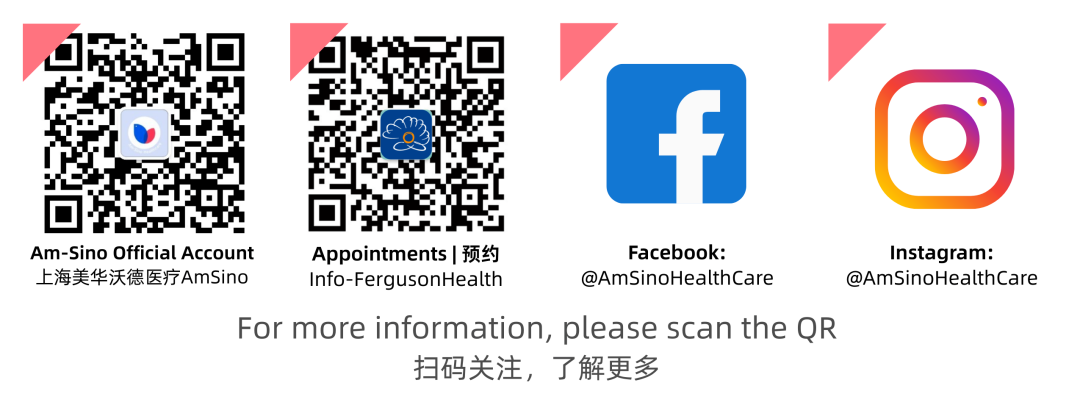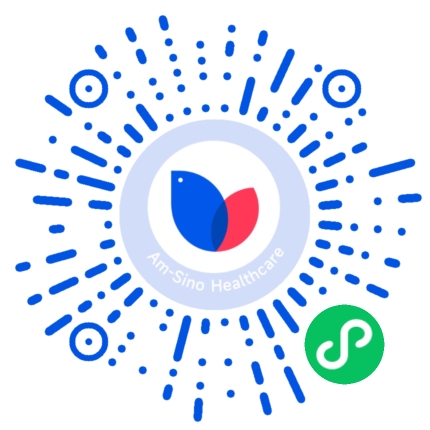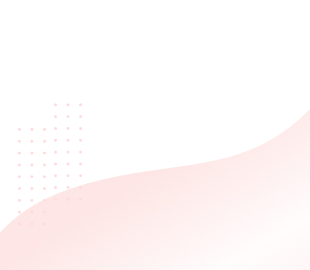
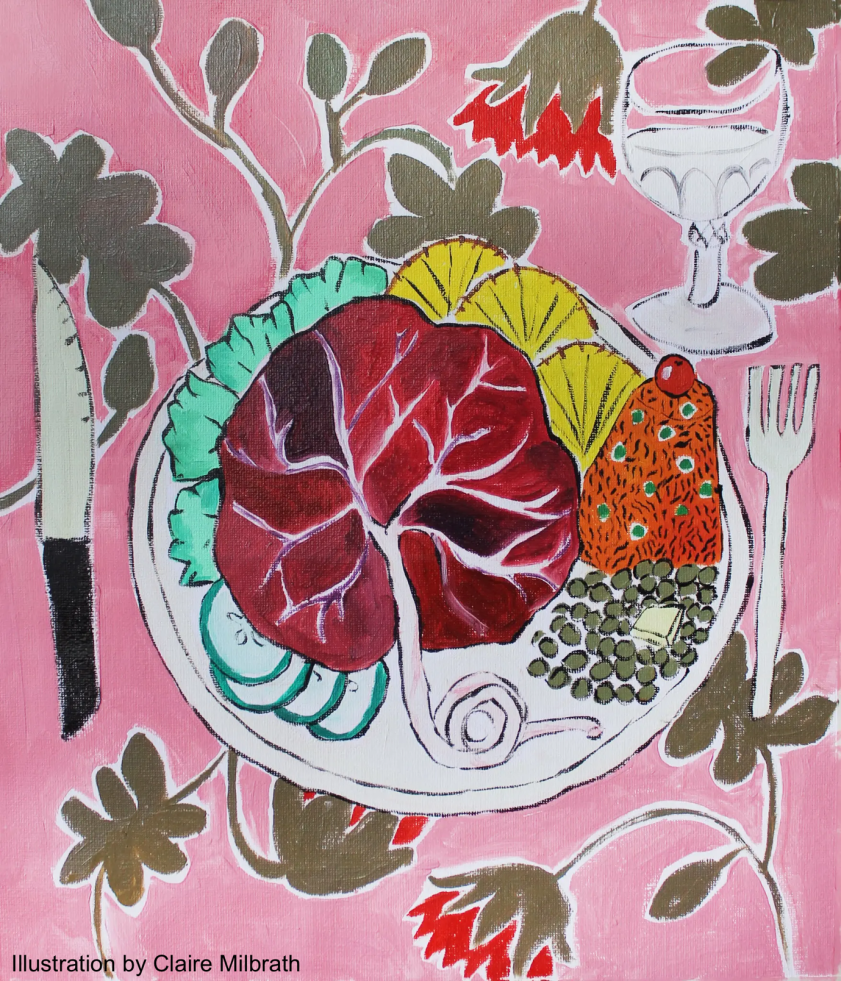
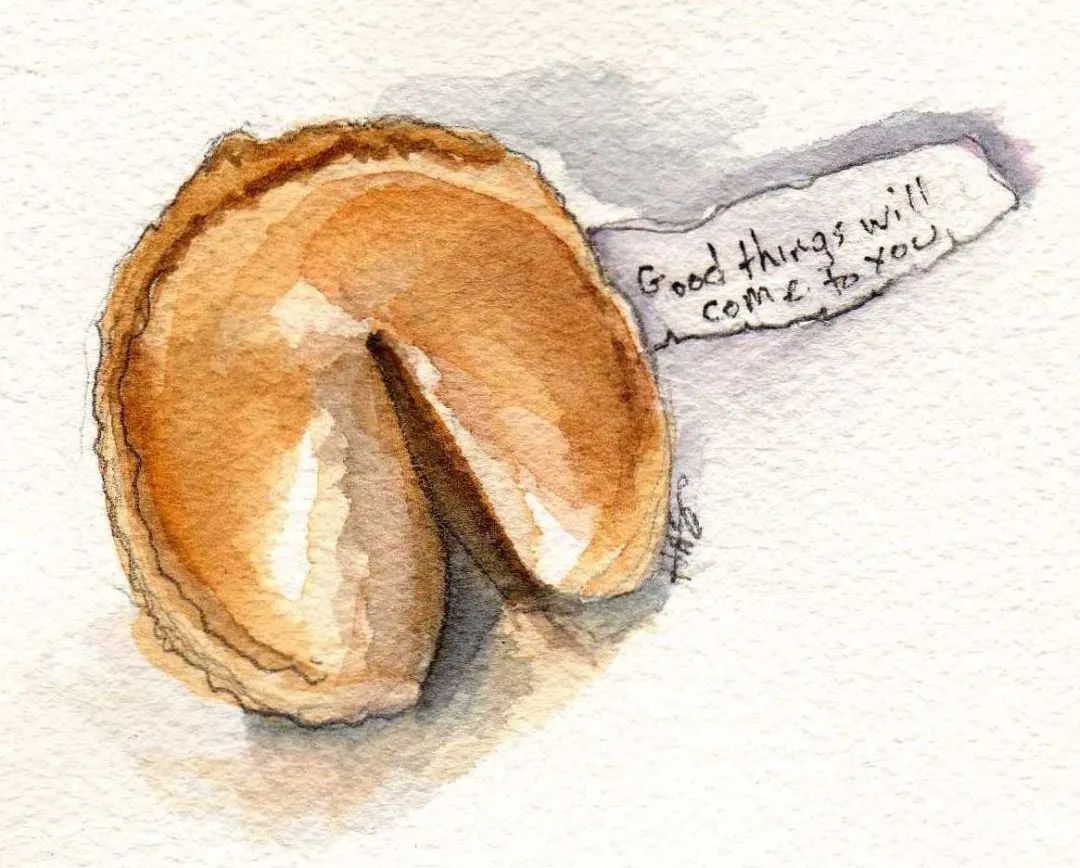
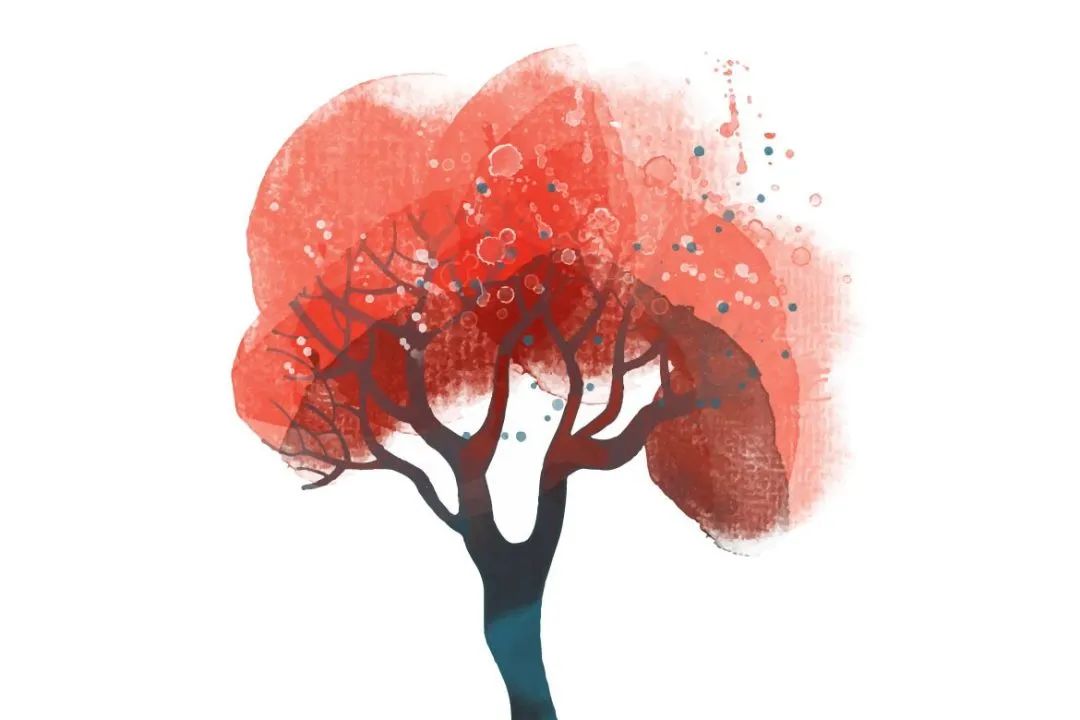
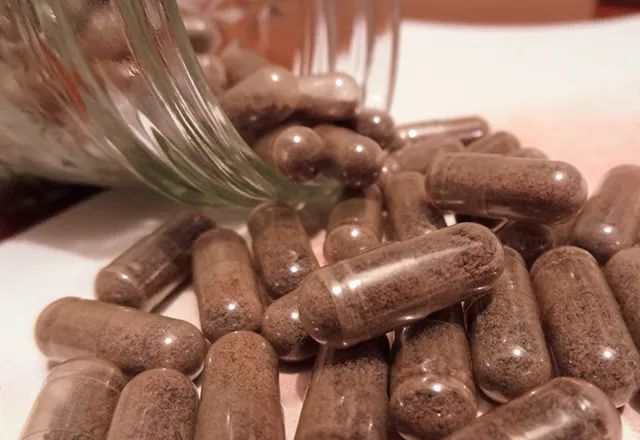
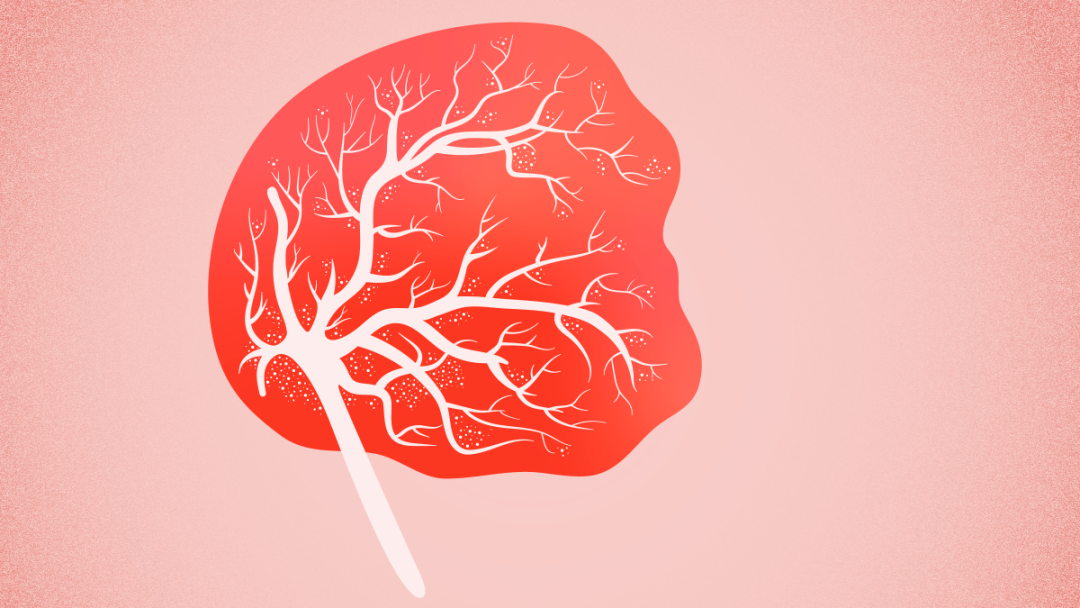
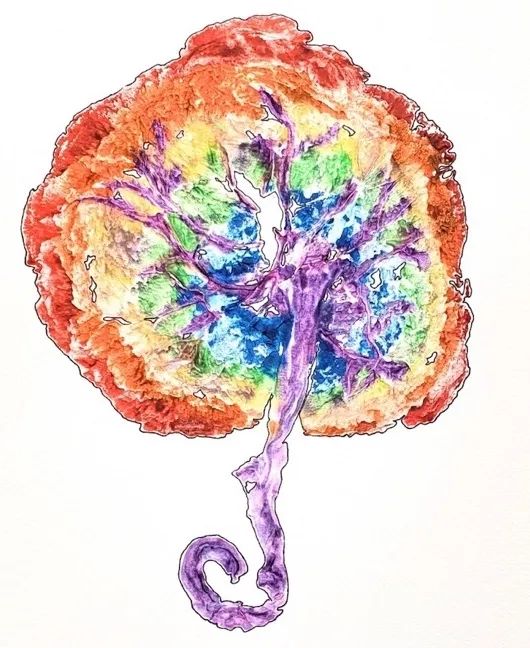
The following resources were used to formulate this article:
https://www.ajog.org/article/S0002-9378(17)30963-8/fulltext
Coyle CW, Hulse KE, Wisner KL, Driscoll KE, Clark CT. Placentophagy: therapeutic miracle or myth? Arch Womens Ment Health. 2015 Oct;18(5):673-80. doi: 10.1007/s00737-015-0538-8. Epub 2015 Jun 4. PMID: 26043976; PMCID: PMC4580132.
Farr A, Chervenak FA, McCullough LB, Baergen RN, Grünebaum A. Human placentophagy: a review. Am J Obstet Gynecol. 2018 Apr;218(4):401.e1-401.e11. doi: 10.1016/j.ajog.2017.08.016. Epub 2017 Aug 30. PMID: 28859955.
Mota-Rojas D, Orihuela A, Strappini A, Villanueva-García D, Napolitano F, Mora-Medina P, Barrios-García HB, Herrera Y, Lavalle E, Martínez-Burnes J. Consumption of Maternal Placenta in Humans and Nonhuman Mammals: Beneficial and Adverse Effects. Animals (Basel). 2020 Dec 15;10(12):2398. doi: 10.3390/ani10122398. PMID: 33333890; PMCID: PMC7765311.
Buser GL, Mató S, Zhang AY, Metcalf BJ, Beall B, Thomas AR. Notes from the Field: Late-Onset Infant Group B Streptococcus Infection Associated with Maternal Consumption of Capsules Containing Dehydrated Placenta - Oregon, 2016. MMWR Morb Mortal Wkly Rep. 2017 Jun 30;66(25):677-678. doi: 10.15585/mmwr.mm6625a4. PMID: 28662016; PMCID: PMC5687501.
https://www.nytimes.com/2018/09/06/style/placenta-eating-postpartum-placentophagy.html
https://www.tga.gov.au/resources/resource/guidance/human-placenta-ingestion
https://www.science.org/content/article/moms-should-you-eat-your-placentas
static/file/TakingPlacentaHome_IH080518.pdf
https://en.wikipedia.org/w/index.php?title=Fortune_cookie&oldid=1176705423